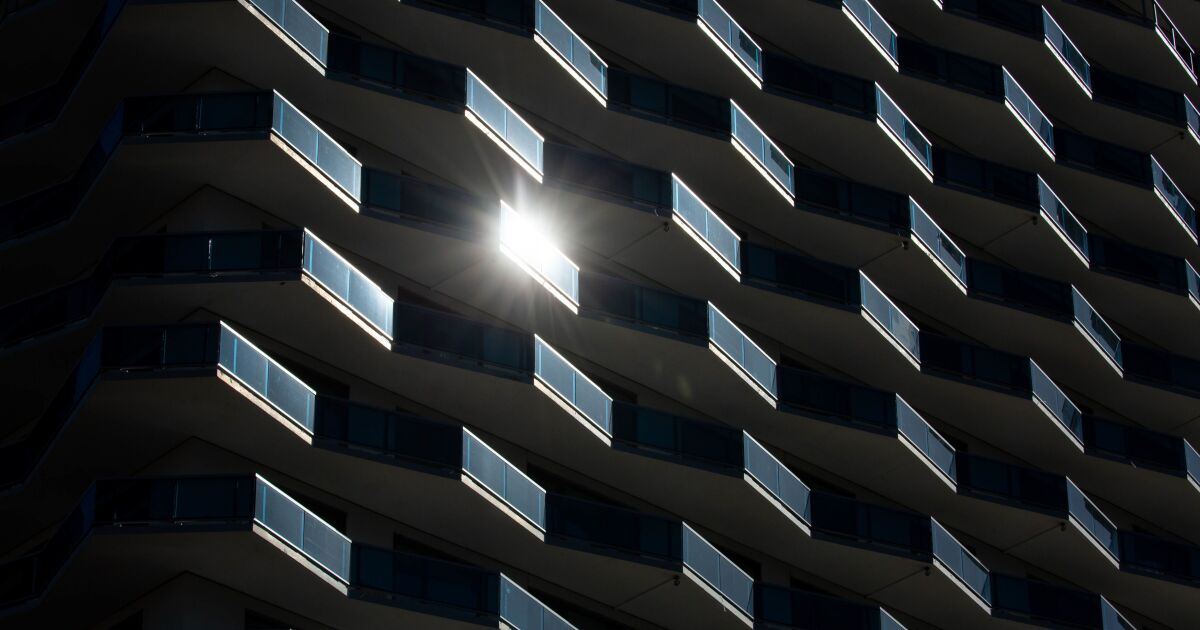
Commercial mortgage delinquencies rose for the third consecutive quarter, but the property types where the greatest share of distressed loans are coming from keep shifting, the Mortgage Bankers Association said.
For example, while lodging loan forbearances improved, retail's performance worsened.
"Delinquency rates remain highest for lodging and retail loans, which have improved markedly but remain elevated as a result of pandemic-related impacts," said Jamie Woodwell, the MBA's head of commercial real estate research in a press release. "Not unexpectedly, delinquencies among mortgages backed by office loans drove the overall increase this quarter — with the office delinquency rate rising 130 basis points."
Across all property types, 2.3% of commercial and multifamily mortgages outstanding were at least 30 days late on their payment, up from 2.2% in the first quarter, the commercial real estate finance Loan Performance Survey found. The MBA did not have any data for the second quarter of 2022.
Loans 91 days late or more, or now real estate owned, declined to 1.7%, unchanged quarter-to-quarter.
At the same time, loans between 60 and 90 days' delinquent were unchanged from the first quarter at 0.2%, while between 30 and 60 days it increased to 0.4% from 0.3%.
Meanwhile, multifamily mortgages continued to perform well at 0.7% of outstanding balances, also unchanged from the first quarter. But participants are still concerned about the near-term future for this sector.
When looking at the primary capital sources for financing multifamily properties, loans originated using the government-sponsored enterprises had a 0.3% delinquency rate, unchanged quarter-to-quarter.
Federal Housing Administration (which also backs health care facility loans) delinquencies in the second quarter were 0.8%, unchanged from the first quarter.
The performance of lodging loans continued to improve as the distance from the pandemic shutdowns grew, to a delinquency rate of 5.3% in the second quarter from 5.6% three months prior. But retail property delinquencies grew to 4.9% from 4.6%.
And office buildings, which are the hardest hit as many companies still are using full or hybrid work-from-home policies, had a quarter-to-quarter rise to 4% from 2.7% in the first quarter.
In fact, Wells Fargo in its second quarter results announced it was setting aside more reserves to cover potential issues in its office loan portfolio.
"Recent volatility in interest rates, uncertainty around property values, and questions about some property fundamentals have led to a logjam in parts of the sales and mortgage transaction markets," Woodwell said. "As loans mature, owners, lenders, and others will be working to identify the best path forward for each asset — which may help begin to break that logjam."
This survey's respondents provided data on $2.7 trillion of loans in June, which was 59% of the total $4.6 trillion in commercial and multifamily mortgage debt outstanding, the MBA said.



